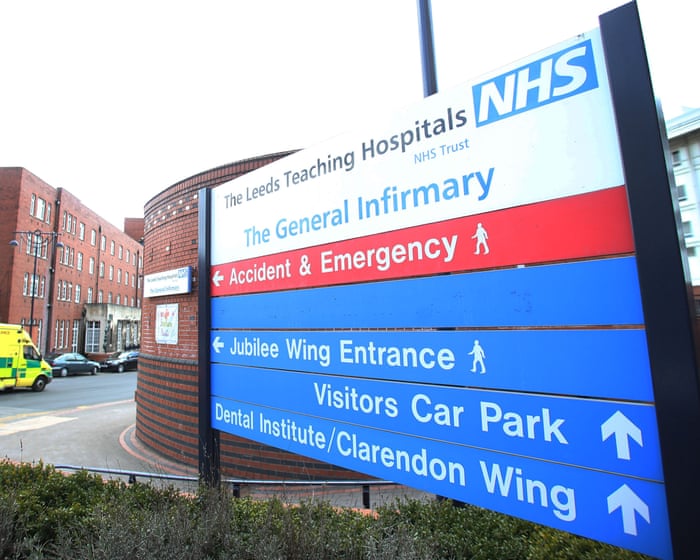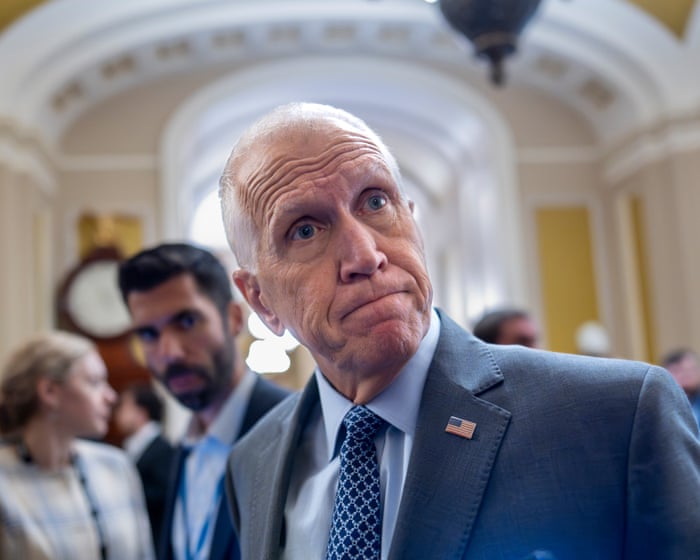Una mujer que fue agredida sexualmente mientras dormía en un vuelo a Londres está impugnando las normas del gobierno británico que le impiden recibir indemnización porque el avión no estaba registrado en el Reino Unido.
El ataque ocurrió en un vuelo de Qatar Airways desde Doha a Gatwick en septiembre del año pasado. El agresor, Momade Jussab, de 66 años y residente en Feltham, estaba sentado a su lado y metió las manos dentro de sus pantalones. Fue arrestado al aterrizar en Gatwick.
En mayo, Jussab fue sentenciado a seis años y medio de prisión en el Tribunal de la Corona de Lewes tras ser declarado culpable de un cargo de agresión sexual con penetración y dos cargos de agresión sexual.
A su víctima, que ha optado por permanecer en el anonimato y es identificada como Kelly, se le ha denegado la indemnización mediante el Esquema de Compensación por Lesiones Criminales porque el incidente ocurrió en una aeronave de matrícula extranjera.
El equipo legal de Kelly en el bufete Leigh Day ha escrito a la Secretaria de Justicia, Shabana Mahmood, instándola a abordar lo que consideran un vacío legal.
Kelly, una londinense de unos 20 años, declaró: "No entiendo por qué yo y otras víctimas como yo estamos excluidas del esquema de compensación. Fui atacada en un vuelo con destino al Reino Unido, soy ciudadana británica y las autoridades británicas manejaron la investigación y el proceso judicial. Debería tener derecho a una indemnización. Que me la nieguen es injusto e ilógico. Sigo lidiando con las secuelas del ataque y quiero continuar con mi vida".
La Ley de Aviación Civil se actualizó en 1996 para permitir que los actos criminales en aviones extranjeros con destino al Reino Unido puedan ser procesados en tribunales británicos.
Claire Powell, abogada de Leigh Day, afirmó: "Nuestra cliente sufrió un horrible ataque sexual en un vuelo con destino al Reino Unido. Se le denegó la indemnización simplemente porque era un vuelo de matrícula extranjera, y las normas no se han actualizado para coincidir con los cambios en la Ley de Aviación Civil. Es urgente cerrar esta brecha, y esperamos que la secretaria de justicia esté de acuerdo, especialmente dado el compromiso del gobierno de combatir la violencia contra mujeres y niñas".
Un portavoz del Ministerio de Justicia respondió: "Nuestros pensamientos están con la víctima, y mantenemos nuestro compromiso de reducir a la mitad la violencia contra mujeres y niñas en una década. Las normas que sigue la Autoridad de Compensación por Lesiones Criminales, incluidos los valores de indemnización, son establecidas por el Parlamento. Existen otras opciones de apoyo disponibles para las víctimas".
Preguntas Frecuentes
Por supuesto. Aquí tienes una lista de preguntas frecuentes sobre una mujer agredida sexualmente en un vuelo y los problemas con las normas de indemnización del Reino Unido, presentada con un tono claro y natural.
Preguntas Generales Para Principiantes
1. ¿Qué sucedió en este caso específico?
Una mujer fue agredida sexualmente por otro pasajero durante un vuelo. Cuando intentó reclamar una indemnización por su trauma a la aerolínea, se enfrentó a obstáculos legales significativos debido a las normas del Reino Unido y las reglas internacionales de viaje aéreo.
2. ¿Por qué es difícil obtener una indemnización por esto?
Las aerolíneas están protegidas por un antiguo tratado internacional llamado Convenio de Montreal. Este cubre principalmente retrasos, equipaje perdido y lesiones accidentales, por lo que es muy difícil reclamar por actos criminales intencionados, como una agresión por parte de otro pasajero.
3. ¿No puede la aerolínea simplemente pagar por el trauma?
Podría, pero a menudo no lo hace sin una lucha legal. Su responsabilidad no se asume automáticamente por crímenes cometidos por otros clientes, y pueden argumentar que no fue directamente su culpa, lo que lleva a la víctima a batallas legales largas y costosas.
4. ¿Quién es responsable si esto pasa? ¿No es el agresor?
Sí, el agresor es responsable penalmente. Sin embargo, puede huir, ser de otro país o no tener dinero para pagar una indemnización. La pregunta es si la aerolínea también tiene un deber de cuidado para proteger a sus pasajeros y debería compartir parte de la responsabilidad financiera por el daño sufrido en sus instalaciones.
Preguntas Avanzadas Legales
5. ¿Qué es exactamente el Convenio de Montreal y cómo bloquea las reclamaciones?
Es un acuerdo internacional que establece las reglas de responsabilidad de las aerolíneas. Indica que las aerolíneas solo son responsables de los daños si el incidente ocurrió a bordo y fue un accidente. Los tribunales a menudo han dictaminado que una agresión deliberada por un pasajero no es un accidente desde la perspectiva de la aerolínea, por lo que el convenio no se aplica, dejando a las víctimas en un área gris legal.
6. ¿Qué están impugnando exactamente las víctimas sobre las normas del Reino Unido?
Están impugnando la interpretación restrictiva del Convenio de Montreal. Argumentan que una agresión es un accidente si la aerolínea falló en su deber de cuidado; por ejemplo, al no tener protocolos adecuados, no responder al incidente de manera correcta o servir alcohol en exceso al agresor.
7. ¿Podría demandar a la aerolínea por negligencia en su lugar?
Esta es la alternativa principal, pero es muy difícil. Tendrías que probar que la aerolínea te debía un deber de cuidado, que



